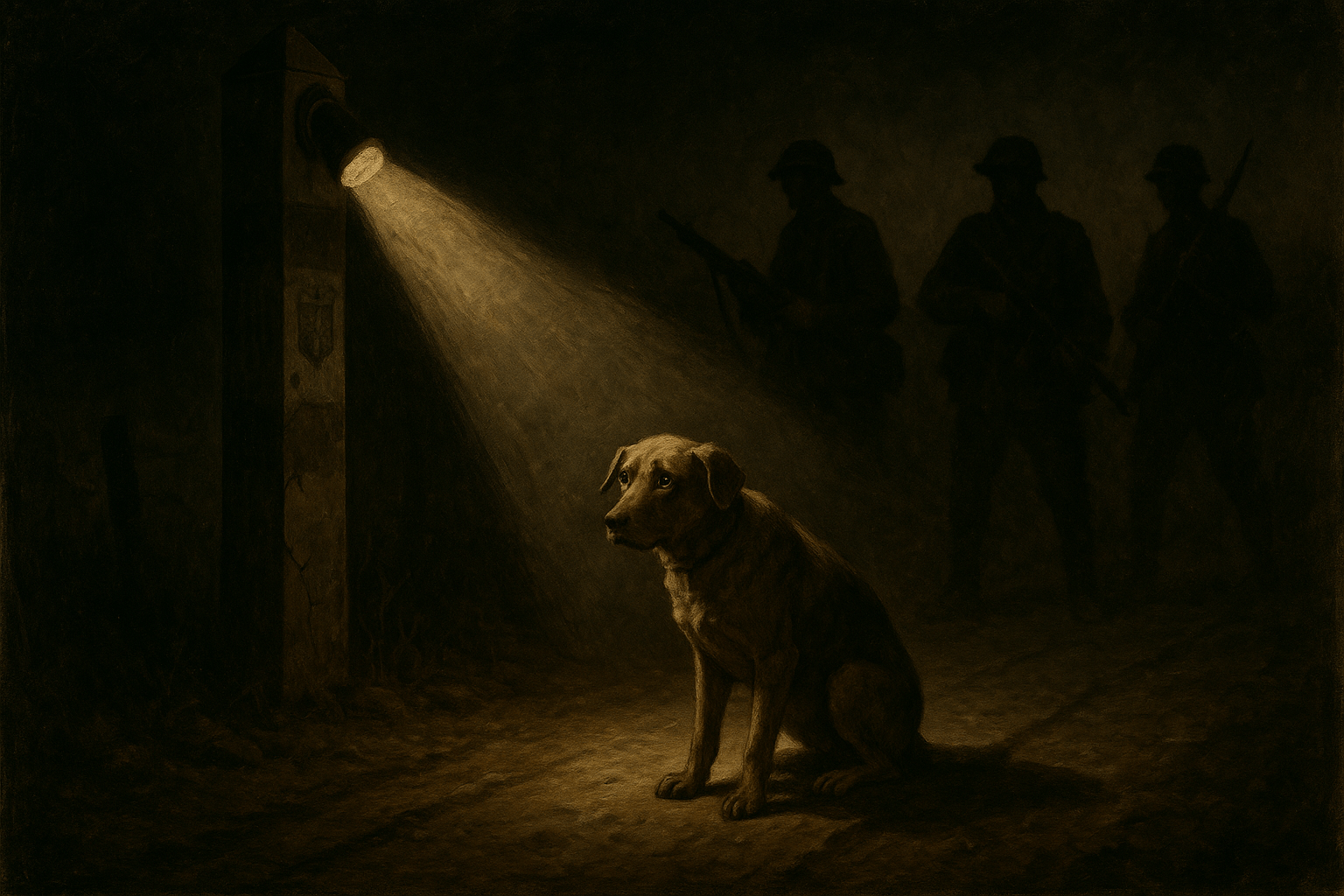A Border Ready to Explode
To understand how a stray-dog incident could lead to an invasion, we must first look at the tinderbox of the 1920s Balkans. The relationship between Greece and Bulgaria was poisoned by decades of animosity. They had been on opposing sides in the Second Balkan War (1913) and, more recently, World War I. Bulgaria, having lost its access to the Aegean Sea to Greece, harbored a deep and bitter resentment. The 1.5 million refugees Hthe population exchange at the end of the Greco-Turkish War poured into Greece, which exacerbated tensions at the border as new settlements were established on formerly contested land.
The border region itself was a hotbed of violence, largely due to the activities of the Internal Macedonian Revolutionary Organization (IMRO). The IMRO was a powerful Bulgarian-backed paramilitary group that used guerilla tactics and terrorism to challenge Greek and Yugoslav rule in Macedonia. Their constant cross-border raids and assassinations had turned the frontier into a permanent, low-level warzone. Soldiers on both sides were jumpy, distrustful, and operating under a cloud of paranoia.
Adding to this volatile mix was the political situation in Athens. Greece was under the iron-fisted rule of General Theodoros Pangalos, a dictator who had seized power in a coup. Pangalos was a staunch nationalist, eager to project an image of strength and use foreign policy to bolster his often-unstable position at home. He was not a man inclined to let a perceived slight to Greek national honor go unanswered.
The Spark: A Man, a Dog, a Fatal Chase
The incident itself occurred on October 19, 1925, near the border pass of Demir Kapia. The exact details are a little fuzzy, as is common with such events, but the general story is clear. A Greek soldier, stationed at a sentry post, saw his dog bolt across the demarcation line into Bulgarian territory. Without thinking, he sprinted after his pet.
The Bulgarian sentries on the other side, seeing a Greek soldier running towards them, shouted at him to stop. Whether he didn’t hear, didn’t understand, or simply ignored them in his single-minded pursuit, he kept running. The Bulgarians opened fire, killing him on the spot.
The shots immediately triggered a response. Outraged, the Greek captain of the outpost, along with a few other soldiers, rushed towards the Bulgarian post under a white flag to arrange for the return of his soldier’s body. The situation, however, was chaotic and tense. More shots were fired—each side would later blame the other—and the Greek captain was also killed. The “Incident at Petrich” had begun.
From Bark to Bite: An Ultimatum and an Invasion
News of the killed officers sent a wave of indignation through Greece. General Pangalos’s government saw its opportunity to act decisively. It issued a harsh 48-hour ultimatum to Bulgaria, demanding:
- An official apology for the incident.
- The punishment of the Bulgarian soldiers responsible.
- A hefty indemnity of two million French francs to be paid to the families of the victims.
Bulgaria, while expressing regret, refused to accept sole blame. They proposed a joint Greco-Bulgarian commission to investigate the events, a reasonable diplomatic step. But for the hardliners in Athens, this was an insult. Before the ultimatum had even expired, Pangalos ordered the Greek army to act.
On October 22, the Greek V Army Corps invaded Bulgaria, occupying several villages and advancing on the key border town of Petrich. The Bulgarian government, outmanned and seeking to position itself as the victim of aggression, wisely ordered its forces to offer only token resistance and appeal to a higher authority.
The World’s Referee Steps In
That higher authority was the League of Nations, the recently formed precursor to the United Nations. Bulgaria sent a frantic telegram to the League’s headquarters in Geneva, appealing for intervention. This was a critical test for the young organization, whose mandate was to prevent exactly this type of escalation.
To its credit, the League acted with astonishing speed. The Council convened, with French statesman Aristide Briand taking the lead. It issued a clear and unequivocal demand: Greece and Bulgaria were to cease all hostilities within 24 hours and withdraw their troops to their respective frontiers within 60 hours. To show it was serious, the League threatened Greece with severe political and financial sanctions if it failed to comply.
Faced with the condemnation of the international community and the very real threat of a naval blockade or crippling economic penalties, Greece had no choice. General Pangalos, his nationalist gamble having failed, reluctantly ordered his troops to withdraw.
The Aftermath: More Than a Shaggy Dog Story
The War of the Stray Dog was over in less than a week, with total casualties numbering around 50 people. In a final, ironic twist, the League of Nations conducted its own investigation. It condemned the Greek invasion as disproportionate and unjustified. While Bulgaria had to pay a small sum for the initial death of the Greek captain, the commission ordered Greece to pay Bulgaria £45,000 (a significant sum at the time) in reparations for the material and moral damage caused by its invasion.
The incident became a classic, if somewhat tragicomic, case study. It demonstrated the profound dangers of unchecked nationalism and the fragility of peace in a region haunted by past wars. Yet, it also stands as one of the League of Nations’ few clear-cut successes, proving that swift, decisive international diplomacy could, in the right circumstances, pull two nations back from the brink of all-out war.
The War of the Stray Dog reminds us that the “causes” of a war are often far deeper than the immediate trigger. The runaway dog and the slain soldier were not the cause of the conflict; they were merely the pretext. The real fuel was the toxic brew of historical grievance, political opportunism, and a nationalistic fervor so intense that the honor of a nation could be conflated with the pursuit of a pet.
